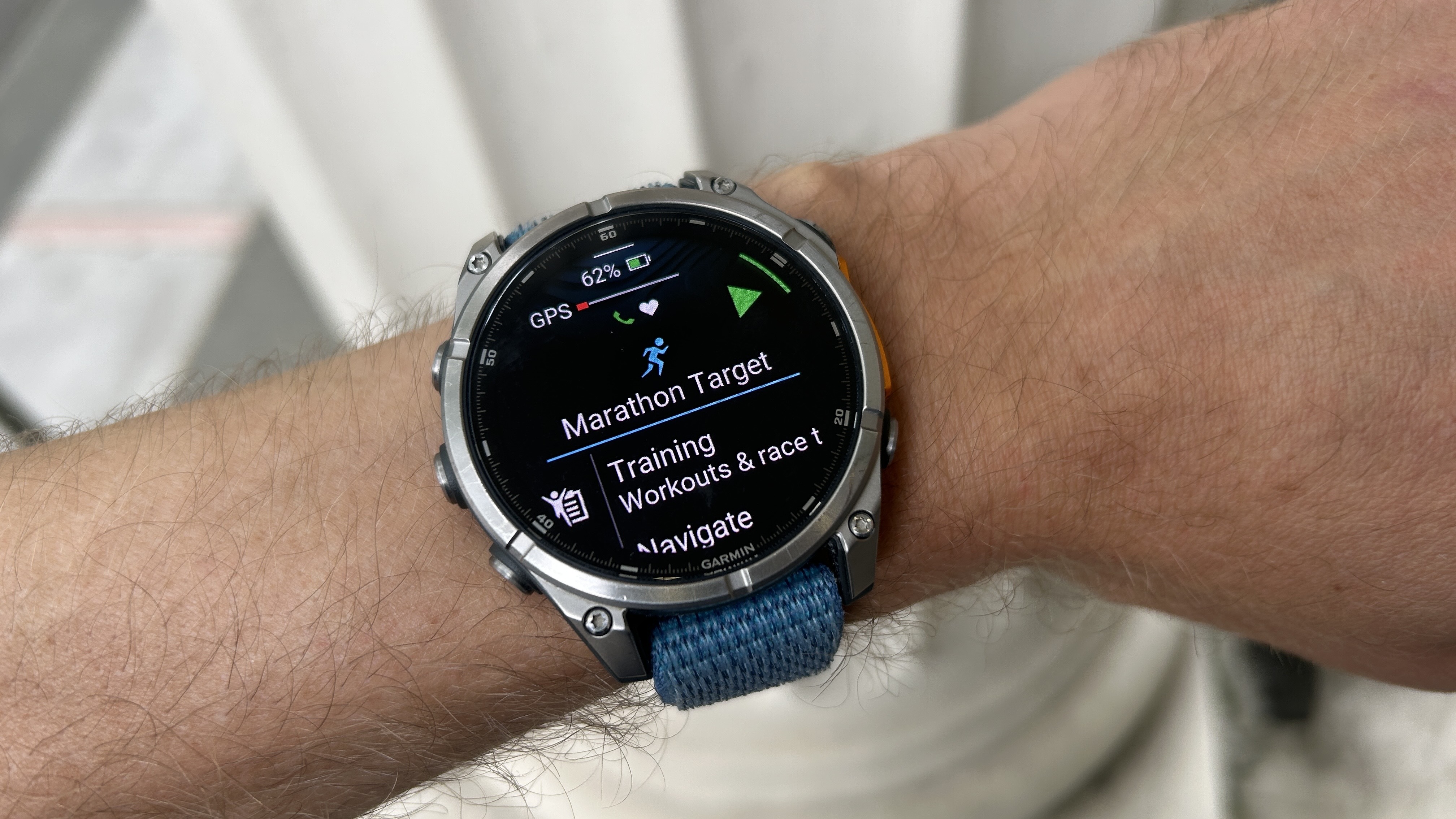OpenAI is facing another lawsuit for copyright infringement, and this time it comes from our parent company, Ziff Davis, which accuses OpenAI of training its AI on our content without authorization or payment.
OpenAI ignored Ziff Davis’ requests to stop using its copyright-protected content, according to a 62-page complaint filed in Delaware district court on Thursday. OpenAI continues to train its models with Ziff’s content, and has “relentlessly reproduced exact copies and created derivatives” of articles, the suit says.
Ziff reached out to OpenAI in May 2024 and followed up in August 2024, asking for a meeting to discuss the issue, but “OpenAI rebuffed the invitation to meet,” the suit says.
Ziff Davis is one of the largest publishers in the US. It owns around 45 media brands, including , Everyday Health, IGN, Lifehacker, Mashable, and PCMag. It publishes nearly 2 million new articles and article updates per year, including over 5,000 product reviews.
A selection of Ziff Davis brands (Credit: Ziff Davis)
When someone asks ChatGPT for a tech product recommendation, the chatbot relies on information from PCMag and others. But it does not consistently link to its sources, or direct users to them. So, OpenAI benefits from the content while the outlets lose traffic and revenue.
“Ziff Davis’s content is supported by rigorous research, reporting, and product testing, and its experienced writers and editors incorporate the results of these efforts into original stories,” the complaint says.

ChatGPT regurgitates the content of a Ziff Davis publication (Credit: Ziff Davis, Inc. vs. OpenAI, Inc.)

OpenAI’s training dataset contains a snippet of copyright-protected works (Credit: Ziff Davis, Inc. vs. OpenAI, Inc.)
OpenAI argues that anything published on the web is “fair use” and the ability to use it is essential for innovation and maintaining US competitiveness in AI, Ars Technica reports.
Get Our Best Stories!

Your Daily Dose of Our Top Tech News
By clicking Sign Me Up, you confirm you are 16+ and agree to our Terms of Use and Privacy Policy.
Thanks for signing up!
Your subscription has been confirmed. Keep an eye on your inbox!
Ziff Davis updated the backend of its website (its robots.txt file) with a few lines of code that tell OpenAI’s webcrawler, GPTBot, to stop scraping its pages, a common practice. However, GPTBot continued to do so.
“This graph shows GPTBot activity during two months in 2024 on one of Ziff Davis’s sites that had implemented the technical measures prescribed by OpenAI to block GPTBot,” the filing reads. The spike in May “occurred contemporaneously with OpenAI’s public statement that it had “recently begun training its next frontier model.”

GPTBot activity on Ziff Davis sites (Credit: Ziff Davis, Inc. vs. OpenAI, Inc.)
ChatGPT’s answers also falsely attribute information to Ziff Davis that it did not publish, and, vice versa, according to the complaint. “OpenAI, by its actions, has flouted copyright and trademark law and discredited its own pretext for that flouting,” it says.
Recommended by Our Editors
The New York Times is also suing OpenAI for copyright infringement, as are a group of Canadian news organizations. Others, like News Corp. and Conde Nast, are going after OpenAI rival Perplexity on similar grounds.
However, other major media companies have gone the other direction, and signed licensing deals with OpenAI to use their content. That includes The Wall Street Journal, Financial Times, The Atlantic, and—as of this week—The Washington Post. OpenAI has not extended the same offer to Ziff Davis, and has not agreed to a meeting to discuss it, but continues using the company’s content without authorization.
It might be in the best interest of OpenAI, and the entire AI industry, to compensate all publications fairly. This would incentivize those who create content scraped by AI models to keep doing it, and at a high standard, resulting in a more reliable AI-generated output.
The media industry is sensitive to new technologies undercutting its business model, particularly after the shift to online journalism coincided with the downfall of local news and printed papers. Many outlets are currently monitoring the impact of Google’s AI-powered responses, which reduce traffic to sites it was originally designed to help the public find.
About Emily Forlini
Senior Reporter










